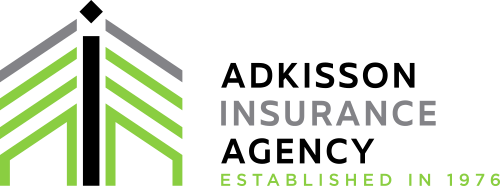
Experiencing the harsh bite of extreme winter weather, such as a polar vortex, can lead to significant challenges like power outages, travel disruptions, and the dreaded problem of frozen pipes. Proactively preparing your home or business for these icy conditions is crucial. Immediate steps should be taken, especially when forecasts predict unusually low temperatures.
Always heed the advice of local authorities when they issue severe cold weather warnings. They are your best source of safety information tailored to your specific area.
Effective Strategies to Avoid Frozen Pipes in Your Home Implementing these measures can significantly lower the risk of pipe bursts due to water freezing:
- Maintain a Warm Environment: Keep your thermostat set to a minimum of 60°F.
- Facilitate Heat Flow: Open cabinet doors in areas with plumbing, like kitchens and bathrooms.
- Attic Pipe Care: If pipes run through your attic, keep the access door open to allow warmer air to circulate around them.
- Faucet Drip Technique: Let your faucets drip slightly during peak cold periods to prevent water from freezing inside the pipes.
- Insulate Your Pipes: Ensure all water-filled pipes are thoroughly insulated, reducing the likelihood of them freezing.
Reducing the Risk of Frozen Pipes in Your Business Businesses also face unique challenges when it comes to preventing frozen pipes:
- Consistent Heating: Maintain a temperature of at least 60°F in areas with water pipes.
- Power Outage Contingency: Keep an eye on building power and have a plan for maintaining temperatures in case of a power failure.
- Regular Maintenance Checks: Have a professional regularly inspect and maintain your plumbing and fire sprinkler systems. Consider installing water detection sensors.
- Sprinkler System Vigilance: For those with central station monitored water flow alarms, ensure they are functional, particularly for dry pipe fire protection sprinkler systems.
- Employee Training: Train and designate staff to shut down the building’s water supply when necessary, ensuring they have access to all required valves.
- Routine Checks During Closure: Periodically check your building’s heat and water, especially if your business is closed or unoccupied for extended periods, like weekends or holidays.
If you encounter frozen pipes in your home or business, don’t let panic set in. Shut off the water supply and follow appropriate thawing guidelines. In situations where you cannot locate or access the frozen area, it’s advisable to seek professional assistance.
Bracing for Additional Winter Hazards Beyond the risk of frozen pipes, extreme cold intensifies other winter hazards like heavy snowfall and ice accumulation. Preparing for these eventualities can mitigate potential risks. Power outages, which can last from a few hours to several days, are another concern during cold spells. Stay informed and follow recommended guidelines to ensure comfort and safety during such outages.



